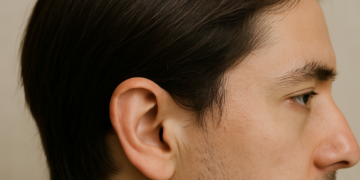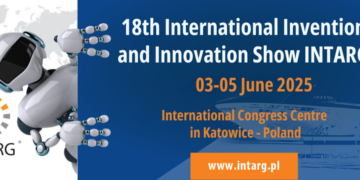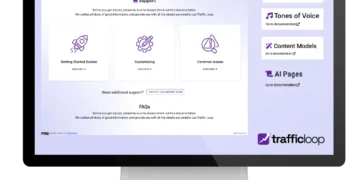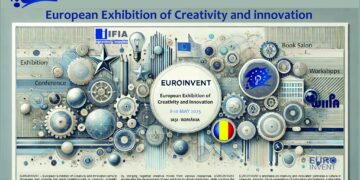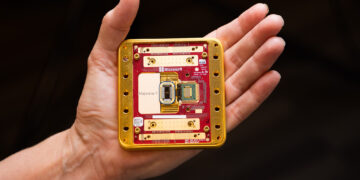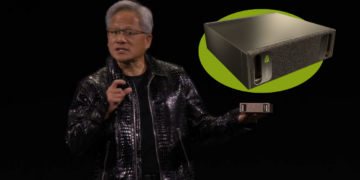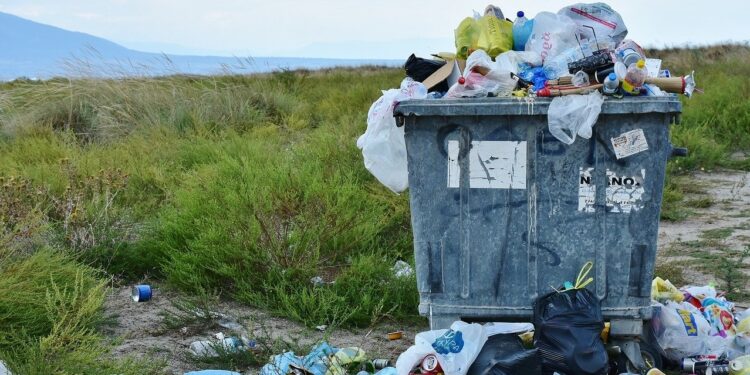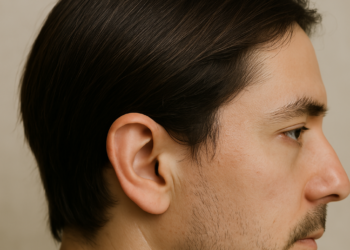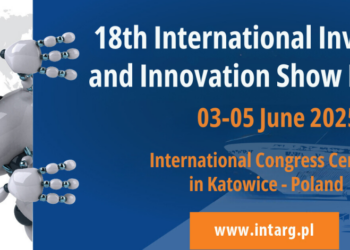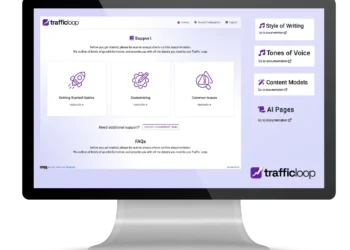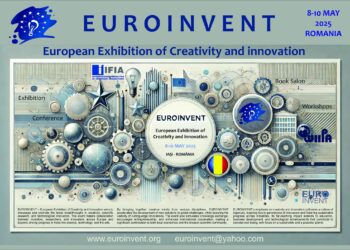The new material can be reused without limits like glass and is of biological origin, minimizing the impact on pollution
Pollution of the seas, contamination by microplastics and global warming are the major problems of our millennium and are closely related. Plastics dominate the packaging and food markets due to their chemical and physical properties. Common plastics are chemically inert and ensure the maintenance of food quality. Physical properties, on the other hand, can be very different and adapt to specific uses, ranging from an elastomer to a very hard and resistant plastic. The main problem is the difficulty (or in some cases the impossibility) in recycling few types of them.
A new international research presented a new material that could solve all these problems in a shot. The results were published in the journal Science Advances, the study involved researchers from Colorado State University, College of Chemistry and Molecular Engineering and King Abdullah University of Science and Technology. Scientists have studied at length the properties of a biological molecule based on olefinic carboxylic acid. The molecule acts as a fundamental chain brick (monomer) and reacts by providing the innovative final material called PBTL.
PBTL has shown qualities equal to those of traditional plastics. The great advantage lies in the possibility of recycling. By treating PBTL with a specific catalyst at room temperature, it is obtained again in starting monomer that can be recycled to produce new plastic objects. Thanks to this particular property, the number of reuses of PBTL is practically infinite, a bit like glass that can be melted and reshaped without limits of use. The new material also has biological origin so it would slow down at the same time the problems related to the exploitation of oil, the increase of waste and the introduction of new material into nature.
You might also be interested in -> New plastic for fishing nets degrades with light UV


